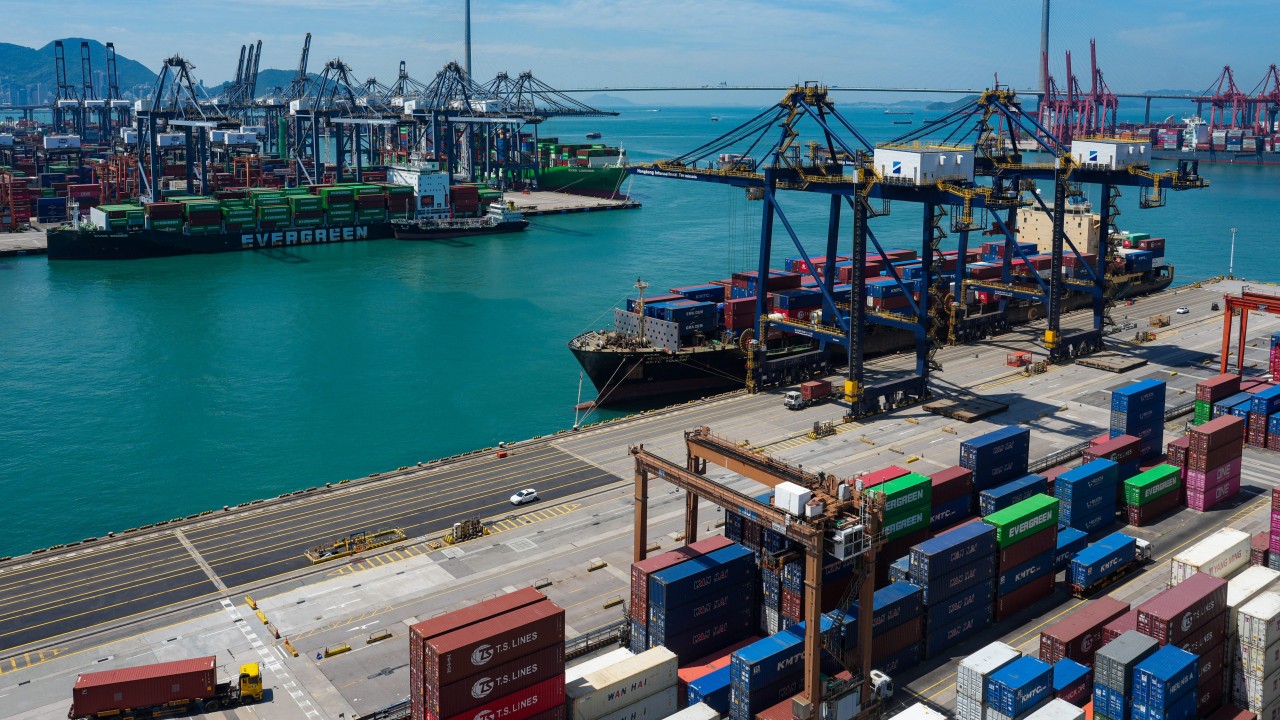Shipping companies, known for their ability to navigate stormy economic seas, will need to adapt to whatever trading barriers remain after global trade powers negotiate their way out of the trade war, according to the head of the International Chamber of Shipping.
Advertisement
“Shipping is an extremely resilient industry, which will adapt to whatever the market does, because ships are mobile assets,” said Guy Platten, secretary-general of the London-based body that represents more than 40 national shipowner associations and over 80 per cent of the world’s merchant fleet.
The chamber strongly believes in free trade as the best way to increase prosperity for all, he said, adding: “Let’s hope that common sense prevails.”
His comments came on Monday ahead of a meeting with members of the Hong Kong Shipowners Association, after the US in recent weeks imposed tariffs on global imports and proposed fees that would target Chinese vessels.
After an investigation into the maritime transport services market, the US Trade Representative (USTR) announced the fees, which take effect in mid-October. The stated goals of the policy change were re-establishing the US shipbuilding industry and enhancing national security.
Advertisement
From October 14, the US will charge US$50 per net tonne when vessels that are owned or operated by companies in mainland China, Hong Kong or Macau dock at US ports. The levy is expected to rise from April onwards, peaking at US$140 per tonne in 2028.
In addition, Chinese-built vessels entering US ports will be subject to a fee of US$18 per tonne from October 14. This charge will also start to rise in April, reaching US$33 in 2028. For ships carrying containers, the charge will start at US$120 per container, plateauing at US$250 in 2028.

